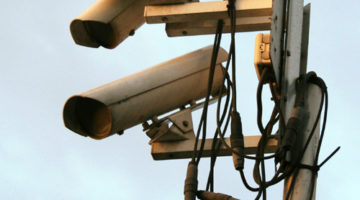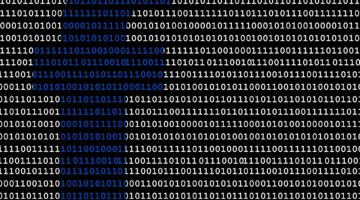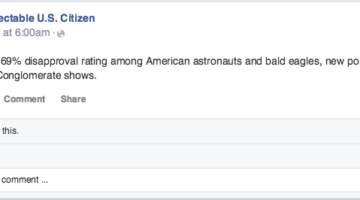“Nobody likes that anymore” is a phrase well-known by those who, like me, tend to discover the latest hit song, internet sensation or national trend long after everyone else has lost interest. I heard it when I discovered “Uptown Funk” in 2016, Star Trek years after Roddenberry had died and when I made my first Facebook account in early high school.
I remember the joy — the cocoon of welcomeness — I felt coming from this newfound step into adulthood. I had a Facebook account, therefore my coolness knew no bounds.
I faced a harsh reality when, upon approaching other, wiser classmates with my new status, I was met with a response of “nobody uses that anymore.”
Years later, having kept my account and seen firsthand many people do use Facebook, it has become clear that “nobody” is subjective. Today, though, in an America wherein instant gratification is the name of the game and change is the only constant, the question rises again.
Is Facebook defunct?
Sometimes it would seem so. Although many of my older friends have accounts and use them often, I tend to encounter a significant amount of people my age and younger who don’t bother with Facebook. The situation has even found its way into popular culture. In a skit by CollegeHumor titled “How Facebook Is Like Your Desperate Ex,” the actress lays out the reasons why she left Facebook, saying, “You’re lame now.”
All of these signs seem to culminate in the idea that my worst fear from high school has come true: Facebook is old news and I am lame.
I can’t speak definitively about the second point — I might be lame — but as to the first, I’d say don’t close your account just yet.
In addition to being a repository for humorous videos, daily comics and pictures of dogs, Facebook still has a real role to play in society and still has a powerful impact.
Facebook has more than 1.5 billion viewers, according to adweek.com. This is higher than Instagram (400 million) and Twitter (320 million) combined, two of the social media platforms that are sometimes considered more relevant and more popular with younger users than Facebook.
The impact of Facebook became apparent during this election season. Over the course of four days in September, Facebook displayed a banner on the home pages of all Facebook users who would be voting age or older by the November presidential election urging them to register to vote. The banner included two links, one leading to a voter registration site and the other allowing users who had already registered to post about their intention to vote.
The banner led to high numbers of online voter registration in states like California, Maryland, Indiana and Washington. According to The New York Times, Indiana saw its third-highest registration numbers ever.
The effect of the banner also proves that not all young people are leaving Facebook. Of the online registration increases in California over the four-day period, 24 percent of them were aged 17 to 25.
All of these numbers show I’m not the only one who checks my Facebook feed several times a day. Facebook might not be growing at the rate it was in its early days when everyone from your great-grandmother to your 11-year-old nephew absolutely had to have a Facebook, but Facebook certainly isn’t dying.
Facebook is still an effective tool with a solid presence in the modern world. Maybe 15- and 16-year-olds have lost interest, but much of the rest of the world is still using the platform to keep track of the multitude of relationships, both professional and personal, that are necessary to maintain.
The numbers show that Facebook users aren’t lame yet. The social media platform still has a good deal of life in it yet, allowing latecomers like myself to continue updating our statuses with confidence.
Dominique Kent studies English. She can be reached at dkent@sagebrush.unr.edu or on Twitter @DominiqueTrekker.












